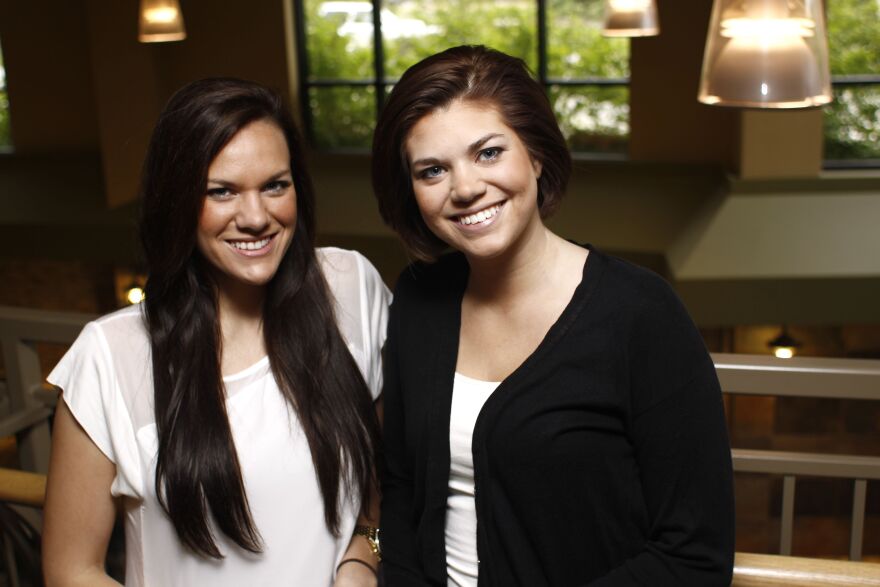When it comes to bullying many of us hold certain truths to be self-evident. That bullying happens mostly to kids. And that it involves physical or verbal abuse.But those facts don’t tell the whole story.
This story is about a young woman named Alyssa Ralston. The abuse she experienced wasn’t verbal or physical. And she wasn’t a kid. She was an NDSU college student living in a dorm her freshman year. She got along with her roommates at first. But when she chose to not go along with some of their social activities, they rejected her. Severely.
Alyssa: I was not comfortable living in my own home in the residence halls because I was not welcomed there and it was very clear by everyone I was with – my neighbors, my suitemates and my roommate I was unwelcome in the place that I was supposed to be able to call my home. If people were all in our lounge doing homework they would be having a conversation. I would go down and the conversation would halt. And then I would leave and the conversation would start back up again. Having no one talk to you for weeks is pretty bad when you live with them. I went home like every single weekend so I didn’t have to deal with it. It’s kind of the form of bullying that people don’t always think of. You know they think of the physical or cyberbullying that gets a lot of focus but they don’t think of the social stuff where people are isolating you and you’re clearly aware that they’re talking about you. It got to the point that my freshman year I wanted to drop out after spring break when I finally told my parents what was going on. I begged them to let me drop out and not continue on because I couldn’t go back.
WTG: When we think about bullying, we so often think about being hit or kicked or called names.
Narr: Doctor Wendy Troop Gordon is a psychology professor at NDSU. Her research focuses on the victims of bullying. She says Alyssa was a victim of something called relational bullying. Wendy Troop Gordon: that’s where kids will gossip about someone or threaten relationships and most often socially exclude someone. And that kind of social isolation can be incredibly painful.
Narr: I asked Alyssa if she had tried to confront her roommates about the situation.
Alyssa: I didn’t feel like I could talk to them about it. Like ‘hey guys you’re being mean to me and why?’ That’s not something I felt I could do.
Narr: Other members of Alyssa’s family also felt unsure of how to help. Like her older sister Katie - who is not exactly shy or unresourceful. She was crowned Miss North Dakota back in 2009.
Katie: it was a really difficult situation for my parents and me to watch. Because you don’t exactly know what to say or how you can help her. So by being there for her and supporting her was all we really felt we could do.
WTG: The bullying dynamic is one of someone with more power to someone who has less power.
Narr: Dr. Wendy Troop Gordon.
WTG: That’s what differentiates it from a conflict situation where two people just are having a fight is that we have the power and you don’t have the power.
Narr: still, Gordon says, help might have come from people like the resident assistants in Alyssa’s dorm.
WTG: I think it would have been wonderful if the RAs in the dorm or others in the dorm could have helped her to make other social contacts. And then as those connections develop then change the living situation to one where she is now living with people who she could really get along with and be able to spend time with and enjoy their company.
Narr: In the end Alyssa did not drop out of college. She graduated with her self-esteem somewhat worse for wear, but still intact. For Prairie Public and the Stand Up ND project I’m Meg Luther Lindholm.
You can hear a longer version of this story later today on Main Street.

